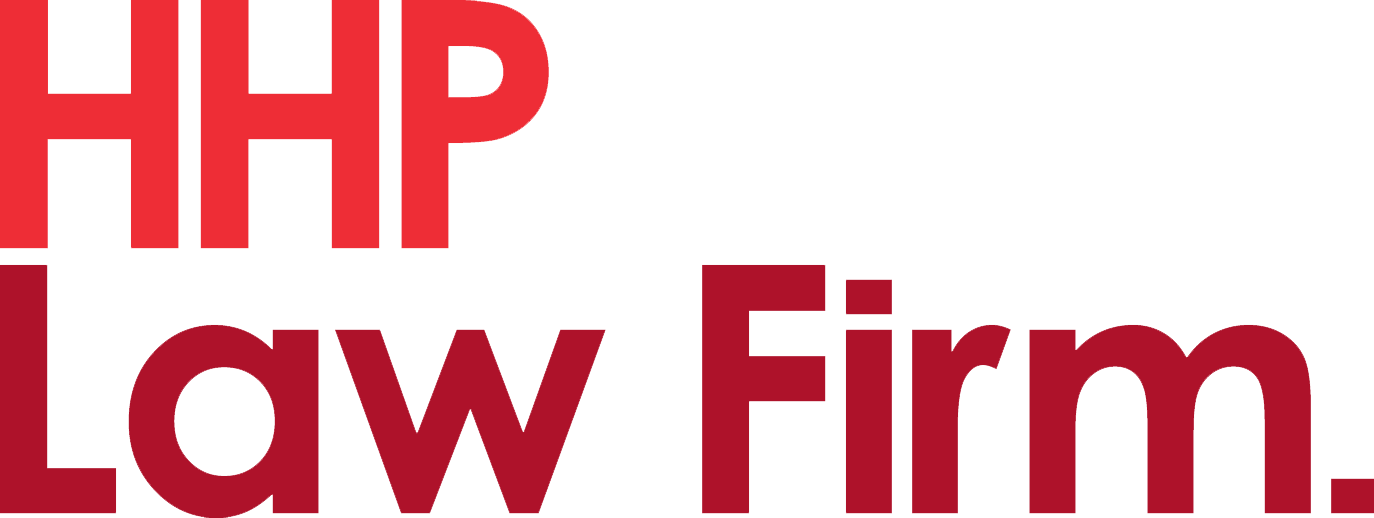In brief
In December 2022, the Indonesian Minister of Finance (MOF) issued a new regulation on imported goods for use (barang impor untuk dipakai), i.e., MOF Regulation No. 190/PMK.04/2022 (“MOF Regulation 190“), which came into force on 13 January 2023. One of the notable highlights of MOF Regulation 190 is the new import declaration procedure for intangible goods (e.g., digital goods). This is a significant update because the previous regulations did not include provisions on this.
The regulation also removes the uncertainty that arose when a classification on digital goods was introduced under MOF Regulation No. 17/PMK.10/2018 on the second amendment of MOF Regulation No. 06/PMK.10/2017. At the time, the classification of digital goods was regulated, but there was no clear provision on how to declare digital goods in the customs declaration form (Pemberitahuan Impor Barang/ (PIB)).
Although MOF Regulation 190 gives more certainty in relation to customs declaration of intangible goods being imported into Indonesia, we predict that it still gives rise to some questions on practical issues from importers.
Key takeaways
MOF Regulation 190 defines intangible goods as software or other digital goods that are transferred through electronic transmission. Those goods should be declared in a PIB that consists of certain elements, which include data of the sender, data of the importer or the customs service provider (PPJK), invoice, data on the transaction, and country of origin.
The general rule that a PIB must be submitted before the transfer of goods does not apply for imported intangible goods. For instance, intangible goods can be declared within 30 days after the payment date of the purchase transaction, not after the transmission itself.
The general rules on physical inspection as well as clearance of goods are also not applicable for intangible goods.
Impact on the importers
The new procedures for customs declaration are likely to have positive implications on the importers as follows:
- More clarity regarding PIB submission period
A declaration of the intangible goods can be submitted to Customs within 30 days after paying for the goods.
- More clarity on the value (FOB or the transaction value)
Previously, there was no clarity on how to determine the customs value of intangible goods (e.g., software) because the value would not be known at the time of import of physical goods. Further, there was also a question as to whether a voluntary declaration on customs value would be helpful on this matter.
As intangible goods should be declared no later than 30 days after the payment date of the transaction, and stated in the FOB/CIF value, it appears that the customs value can be determined clearly, because it should be the same as the transaction value of the intangible goods.
- It appears there would not be any insurance and freight issue
If the transaction value of intangible goods is in the amount of FOB value, then there should not be any insurance and freight on the import.
- More clarity on the customs compliance supervision
The regulation provides that the compliance supervision on the settlement of customs obligation for imported intangible goods will be carried out through a customs audit. Thus, the audit on import of intangible goods will be done within two years after the PIB date.
On the other hand, the new procedures may also give rise to some questions on the practical issues from importers, as follows:
- Unclear provision on the types of software that are dutiable (subject to import duty and import taxes)
Because software and other digital goods are not further defined in the regulation, the interpretation of the categories of dutiable software and other digital goods may be broad. For instance, Customs officials may interpret them as follows:
- Software and other digital goods not related to machines or devices that have been or will be imported
- Software and other digital goods related to machines or devices that have been or will be imported, and are imported along with those machines or devices
- Software and other digital goods in the form of updates or upgrades to the software for machines or devices that have been imported
- Unclear provision on importer of intangible goods
The PIB should contain data of the importer. If the software is downloaded by customers, it is unlikely that the end customers can be regarded as the importers.
- Unclear provision on how to determine the country of origin
For example, if the invoice is issued by “X” Pte Ltd in Singapore, but the server is located in the US.
- Unclear provision on after-sales scheme
Usually there would be no invoice and payment for digital goods that are provided as part of after-sales service because the payment is made upfront (at the time of purchase of the imported goods). For example, if a laptop is imported along with an item of software, the software may be upgraded/upgraded as part of the after-sales service. For this type of update, in practice there is no invoice and payment for the software.
* * * * *

© 2023 HHP Law Firm. All rights reserved. HHP Law Firm is a member firm of Baker & McKenzie International. This may qualify as “Attorney Advertising” requiring notice in some jurisdictions. Prior results do not guarantee a similar outcome.



